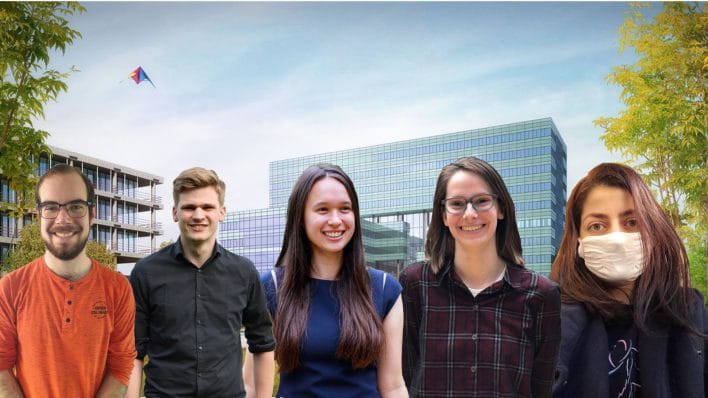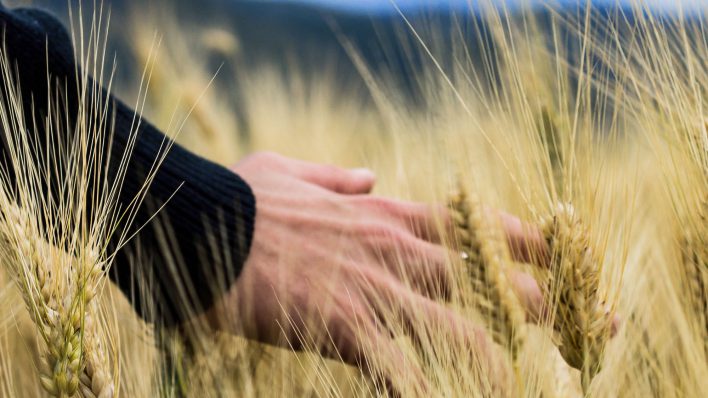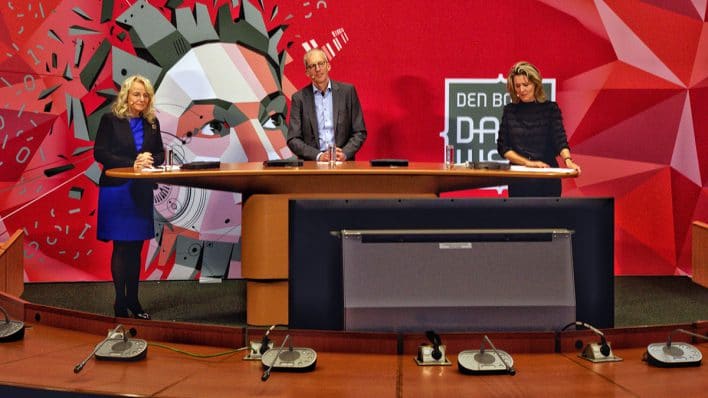Column: Data and the weather
Posted on
This column, written by Sandra van den Poll, partnership manager at JADS, was published before in the Food+Agribusiness magazine.
The weather … a much discussed topic lately. For me as a hobby gardener, the rain of late has been the bane of my existence. Where is all this rain coming from anyway? In the age of big data and advanced computer models, one would expect that predicting the weather would be a breeze. After all, we have an unprecedented amount of data on atmospheric parameters, weather systems and historical patterns. Yet weather remains one of the most unpredictable aspects of our planet.
The paradox of data and weather forecasting lies in the inherent complexity of weather systems. Small, seemingly insignificant fluctuations in temperature, pressure or humidity can develop unexpectedly into extreme weather events such as storms or floods. This sensitivity makes predicting long-term weather a nearly impossible task.
Despite these challenges, data-driven models have made significant contributions to improving weather forecasting. By analyzing patterns in huge data sets, models can more quickly and accurately predict where and when rainfall, storms or other weather events will occur.
This progress has not been without challenges. Developing and training complex weather models requires enormous computing power and specialized expertise. In addition, the quality of the data is crucial to the accuracy of the models. Errors or incomplete data can lead to unreliable predictions.
The unpredictability of weather will always be a challenge no matter how much data we have available. However, data-driven models and advanced technologies help us better understand weather systems, identify risks and better prepare for extreme weather events.
In the future, we may never be able to predict with 100 percent certainty what the weather will be like a month or a year from now. But by combining data with human expertise and commitment to innovation, we can manage the unpredictability of weather and reduce its impact on our society.



